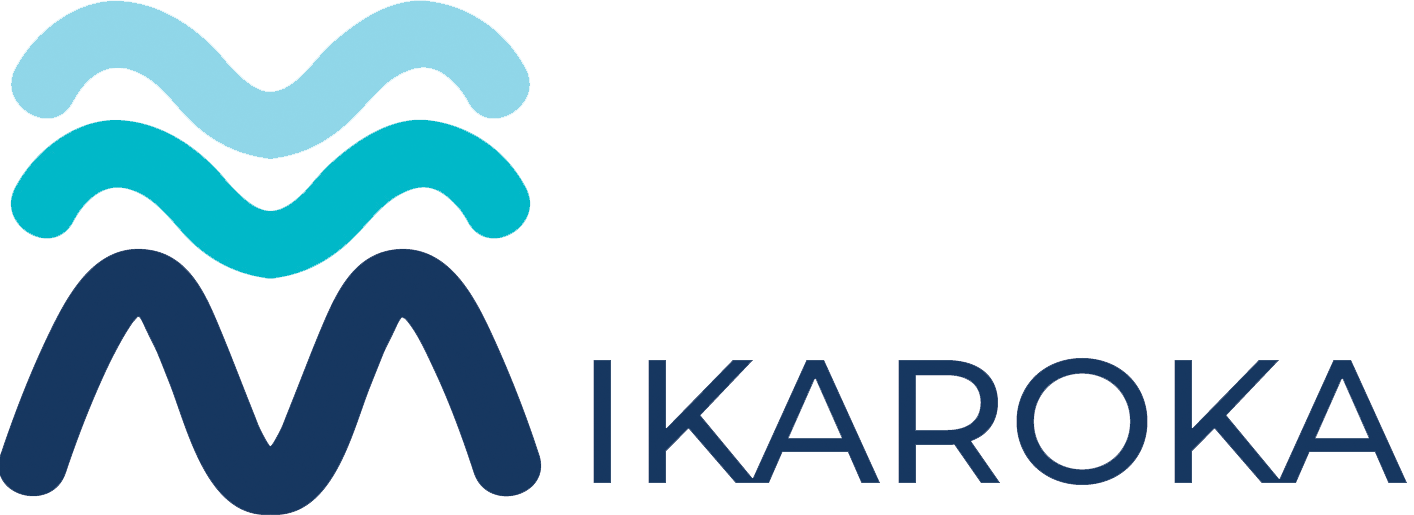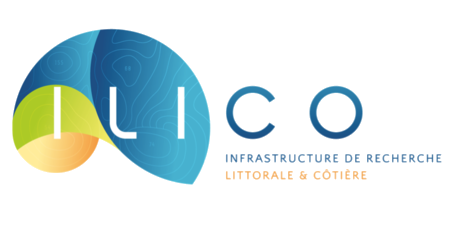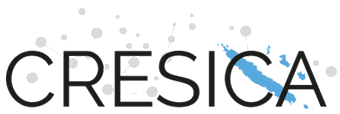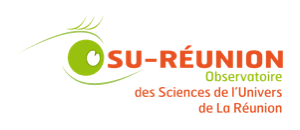Federatives research structures
UMR ENTROPIE is involved in 5 federative research structures.

The LABEX CORAIL "Coral reefs in the face of global change" is a laboratory of excellence bringing together 9 institutions and 4 universities in France and overseas. It aims to study coral reef ecosystems in order to improve their sustainable management. The objective is to create a French center of excellence on coral reefs and to put French research at the forefront of the world in the field of knowledge and expertise on coral reefs.

The MIKAROKA International Mixed Laboratory aims to set up a functional and sustainable observation platform of coastal marine biodiversity and its uses in Madagascar, and a training platform that will support partners in strengthening their research and training capacities. The observation platform will be organized into six thematic components, plus a cross-cutting component dedicated to data banking and security.

Created in 2016, the Coastal Research Infrastructure (ILICO) aims to observe and understand coastal and marine environments and ecosystems in their entirety. Thus, ILICO brings together a set of observation devices to collect samples and deploy various measuring instruments by federating 8 observation services, known as "elementary networks" that are: COAST HF, CORAIL, DYNALIT, MOOSE, PHYTOBS, ReefTEMPS, SOMLIT and SONEL.

CRESICA (Consortium de Coopération pour la Recherche, l'Enseignement Supérieur et l'Innovation en Nouvelle-Calédonie) was born on September 25, 2014 from the desire of research organizations present in the territory and the University of New Caledonia to engage in a collective reflection intended to better coordinate their activities.

The OSU-Reunion covers all the disciplines related to the sciences of the universe in a broad sense. It gathers, at the University of Reunion, research units members of the OSU, laboratories or associated teams, and observation stations, the whole representing about 80 persons (permanent or temporary).